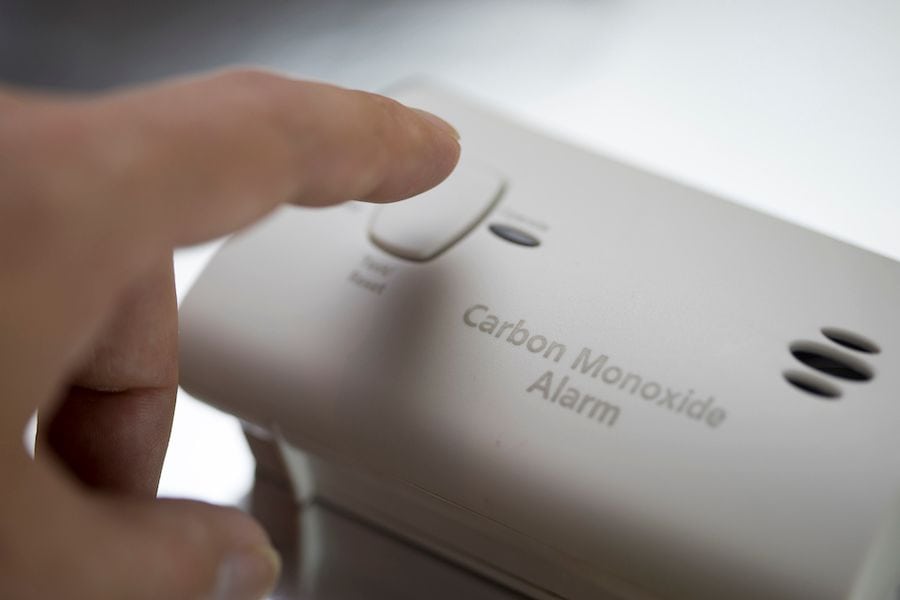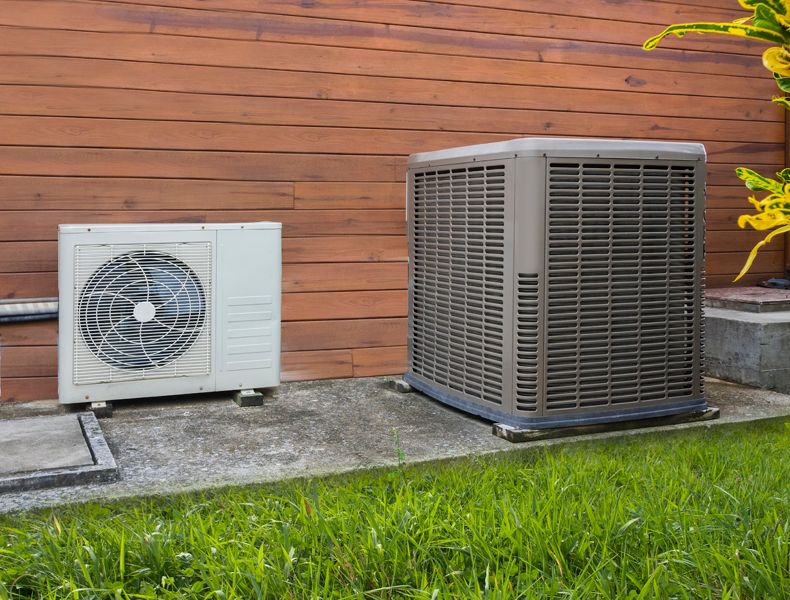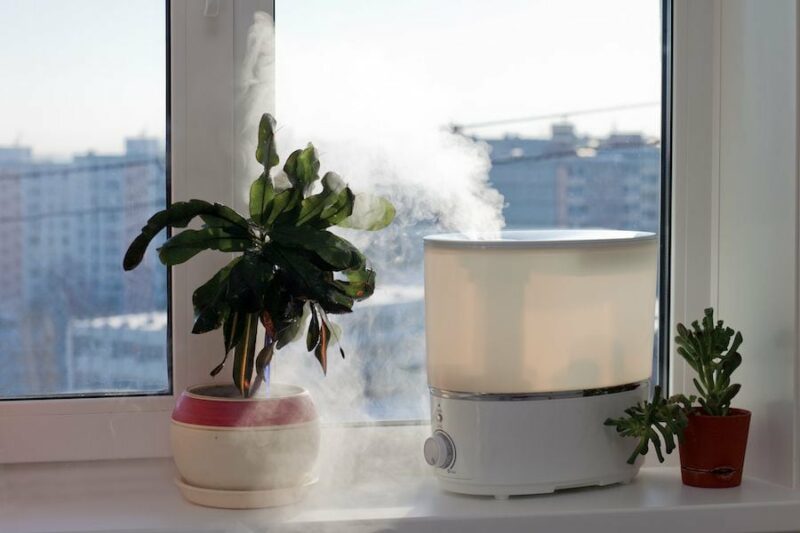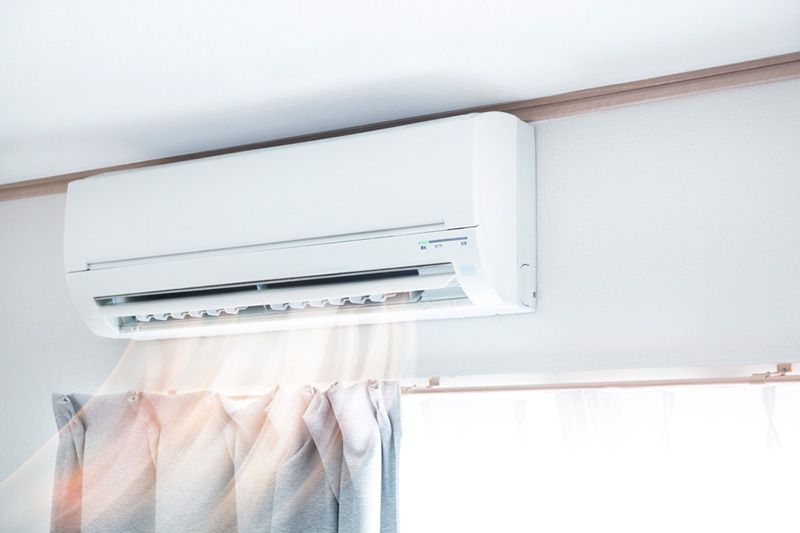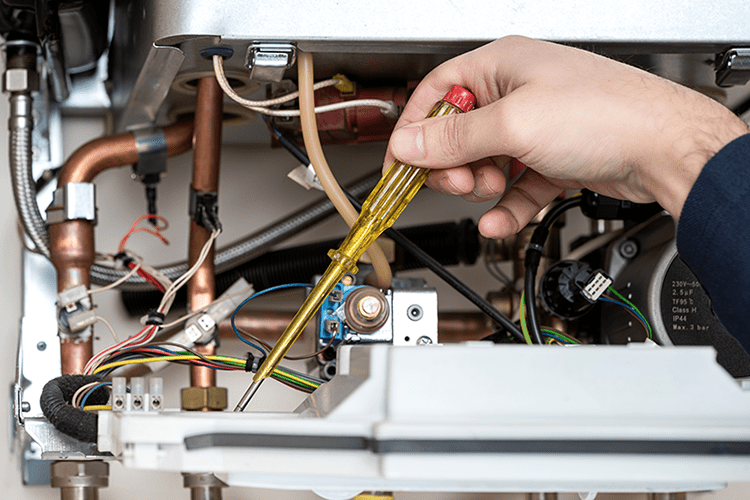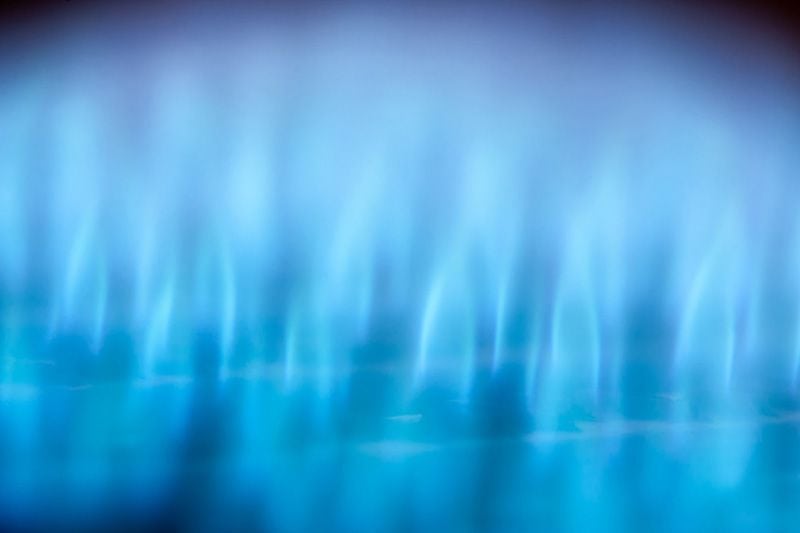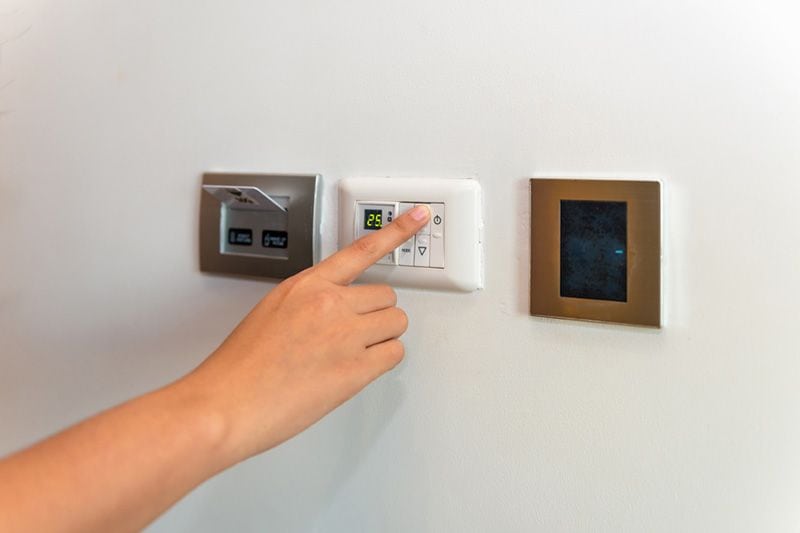News
To promote safety and well-being for our community in Henderson, here’s what you should know about this harmful airborne pollutant.
Continue ReadingSo you are looking to invest in a heat pump. You are not alone––many Americans are making the switch.
Continue ReadingWhat do you think of when you hear about air pollution? You might immediately imagine a giant cloud of smoke, cars spewing exhaust, or a trash incinerator––but have you ever thought about your own home in Henderson?
Continue ReadingA ductless system, or mini split, adds comfort to your home without the hassle of having to extend your ductwork.
Continue ReadingOn a frosty winter’s day here in Nevada, your gas furnace is hard at work, keeping your Las Vegas home warm and cozy.
Continue ReadingIf you ever hear your gas furnace turn on but cannot feel any warm air blowing from the vents inside your NV home, chances are the pilot light went out.
This issue happens more often than not with older furnaces, and it could be a sign you are ready to upgrade your Las Vegas home’s heating and cooling system with a new model. At the 10-year mark, furnaces start to lose efficiency and begin breaking down more frequently.
Continue ReadingYour helpful neighbor suggested the issue you are having with your gas furnace sounds like it could be due to a cracked heat exchanger.
Continue ReadingTo find the perfect fit, schedule a preliminary visit with one of our Sun City Heating & Cooling specialists.
Continue ReadingLooking to install a new heater in your Las Vegas home? Your two most popular choices are a heat pump and a furnace. Each one has advantages and disadvantages when compared to the other.
Continue ReadingYou want to be sure all of its parts are working, so you don’t have any surprises this winter. That’s why fall is the perfect time to schedule furnace maintenance.
Continue Reading